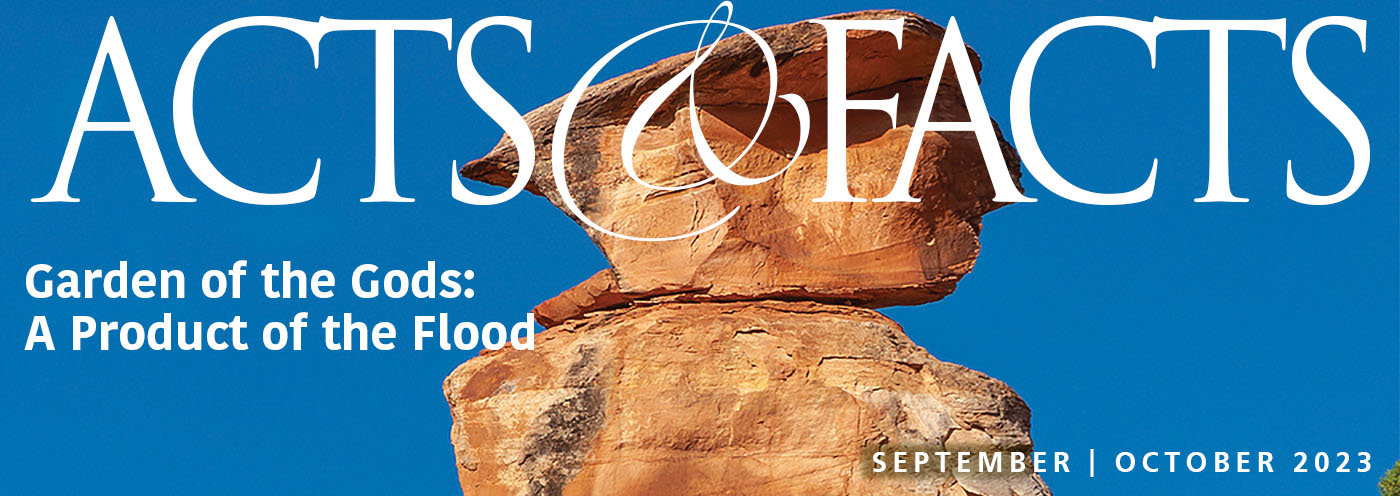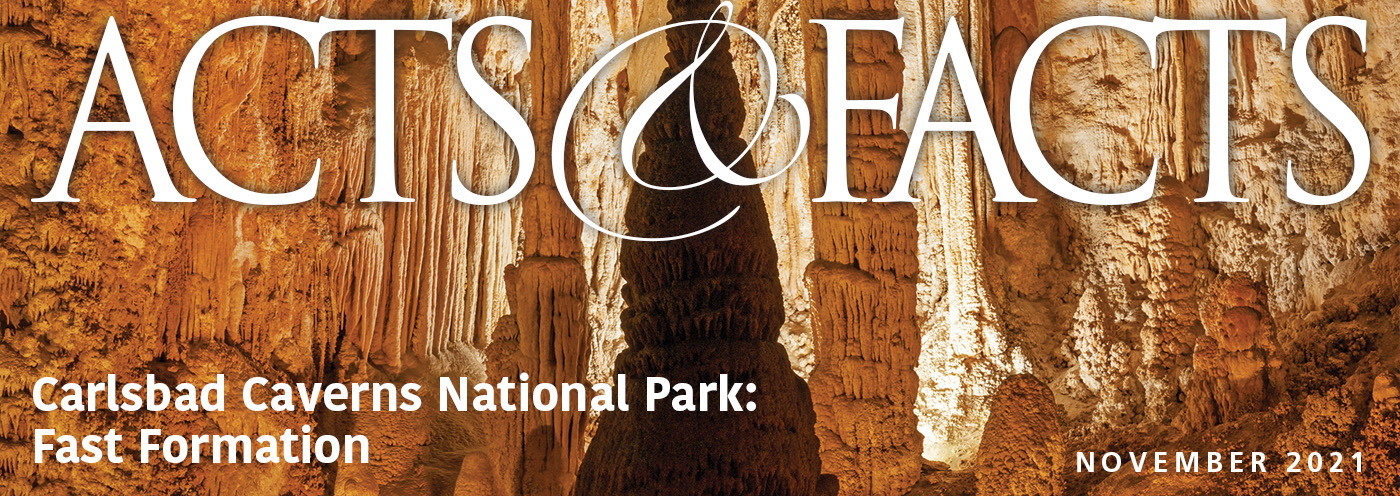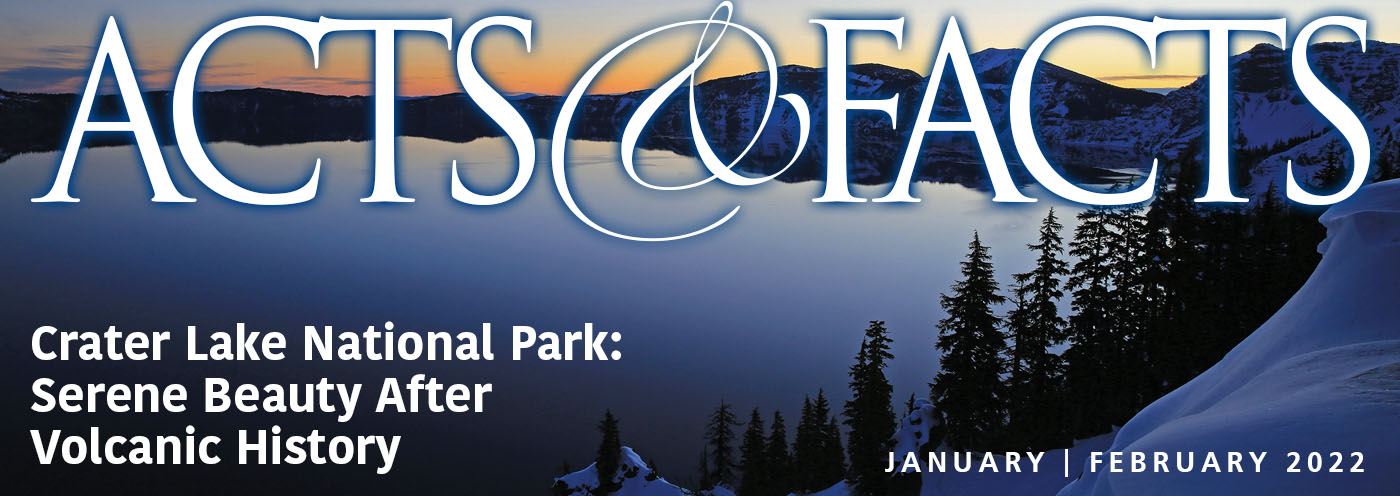Astronomers have found "the supernova of a generation," according to University of California's Joshua Bloom.1 Sequential photographs show the star rapidly increasing in brightness as the supernova progresses. If standard models are correct, it should soon produce a vast cloud or nebula surrounding a small, dense neutron star.
The cosmic explosion is igniting tremendous excitement in the astronomical community, but it also brings to mind a longtime mystery…the missing remains of all the other supernovas that should have occurred by now if the universe is billions of years old.
The supernova was named PTF 11kly, and it is located in the beautiful spiral Pinwheel Galaxy about 21 million light-years from earth. It's the first to be detected so close to the initial moment of explosion, and Berkeley Laboratory senior scientist Peter Nugent said that it "is getting brighter by the minute."1 It should soon become visible in the night sky just with binoculars.
Researchers discovered PTF 11kly with a telescope at Palomar Observatory in California and with the aid of a Department of Energy-funded supercomputer programmed to spot transient stellar events. Andrew Howell of University of California Santa Barbara/Las Cumbres Global Telescope Network said that through this event, "We are finding new clues to solving the mystery of the origin of these supernovae that has perplexed us for 70 years."1
Whether Howell would refer to it or not, one such mystery is the conspicuous absence of dust cloud remnants from the supernovas that should have occurred throughout the supposed billions of years of cosmic history. Astrophysicist D. Russell Humphreys summarized the mystery in 2005:
According to astronomical observations, galaxies like our own experience about one supernova (a violently-exploding star) every 25 years. The gas and dust remnants from such explosions (like the Crab Nebula) expand outward rapidly and should remain visible for over a million years. Yet the nearby parts of our galaxy in which we could observe such gas and dust shells contain only about 200 supernova remnants. That number is consistent with only about 7,000 years' worth of supernovas.2, 3
The problem of missing supernova dust clouds is only one of the nine astronomical observations that University of South Carolina astronomer Danny Falkner cited in 1998 as directly contradicting the millions of years of stellar history claimed by most astronomers.4
The unprecedented opportunity to observe PTF 11kly this close to its earliest stages may answer some…in addition to raising new…questions about the causes and effects of a supernova. But it also serves as a reminder that there are only thousands, not millions, of years' worth of supernova remnants in the universe.
Standard evolutionary cosmologies might try to explain these data by invoking supernova occurrence rates that are orders of magnitude slower than what is observed, or by imagining some kind of supernova remnant vacuum. All these problems disappear, however, in the context of a universe that is thousands of years old, in accord with the creation model.
References
- Vu, L. Berkeley Scientists Discover an "Instant Cosmic Classic" Supernova. Lawrence Berkeley National Laboratory news release. Posted on newscenter.lbl.gov August 25, 2011, accessed August 26, 2011.
- Humphreys, D. R. 2005. Evidence for a Young World. Acts & Facts. 34 (6). Emphasis in original.
- See also Sarfati, J. 1997. Exploding stars point to a young universe. Creation. 19 (3): 46-48; and Clark, D. H. and J. L. Caswell. 1976. A study of galactic supernova remnants, based on Molonglo-Parkes observational data. Royal Astronomical Society, Monthly Notices. 174: 267-305.
- Faulkner, D. 1998. The Current State of Creation Astronomy. Proceedings of the Fourth International Conference on Creationism. Pittsburgh, PA: Creation Science Fellowship.
Image credit: NASA/ESA/R. Sankrit and W. Blair (Johns Hopkins University)
* Mr. Thomas is Science Writer at the Institute for Creation Research.
Article posted on September 6, 2011.







